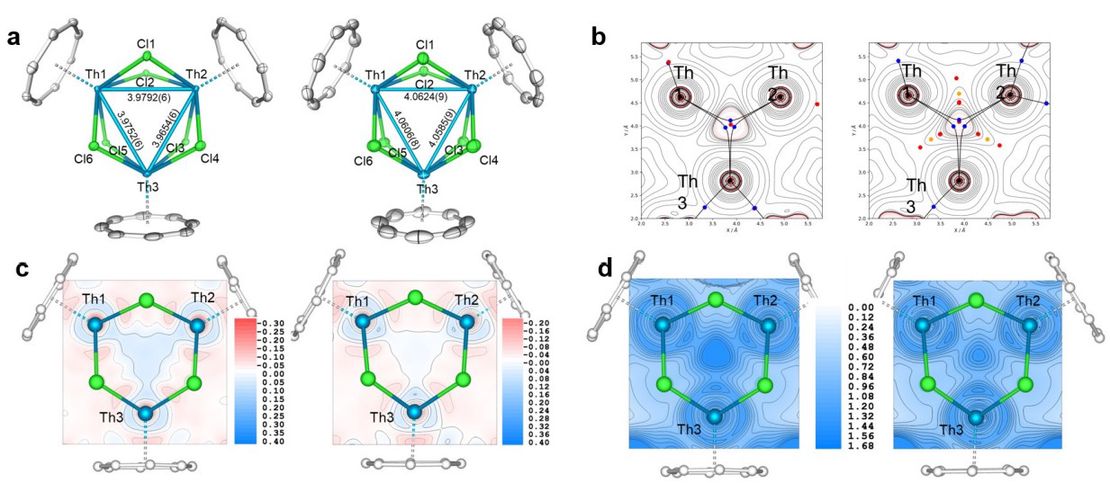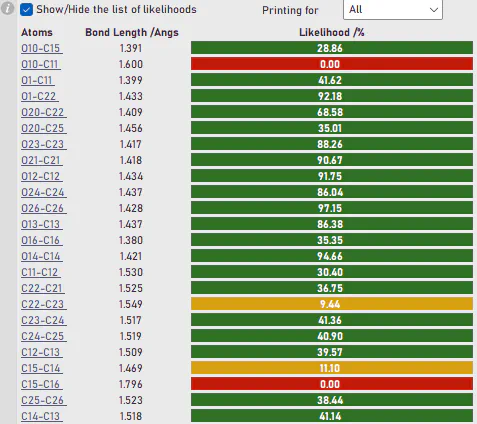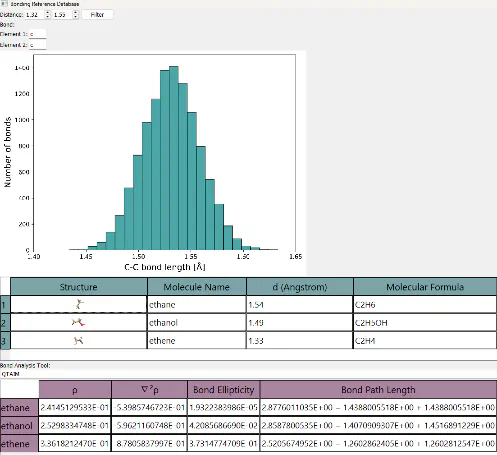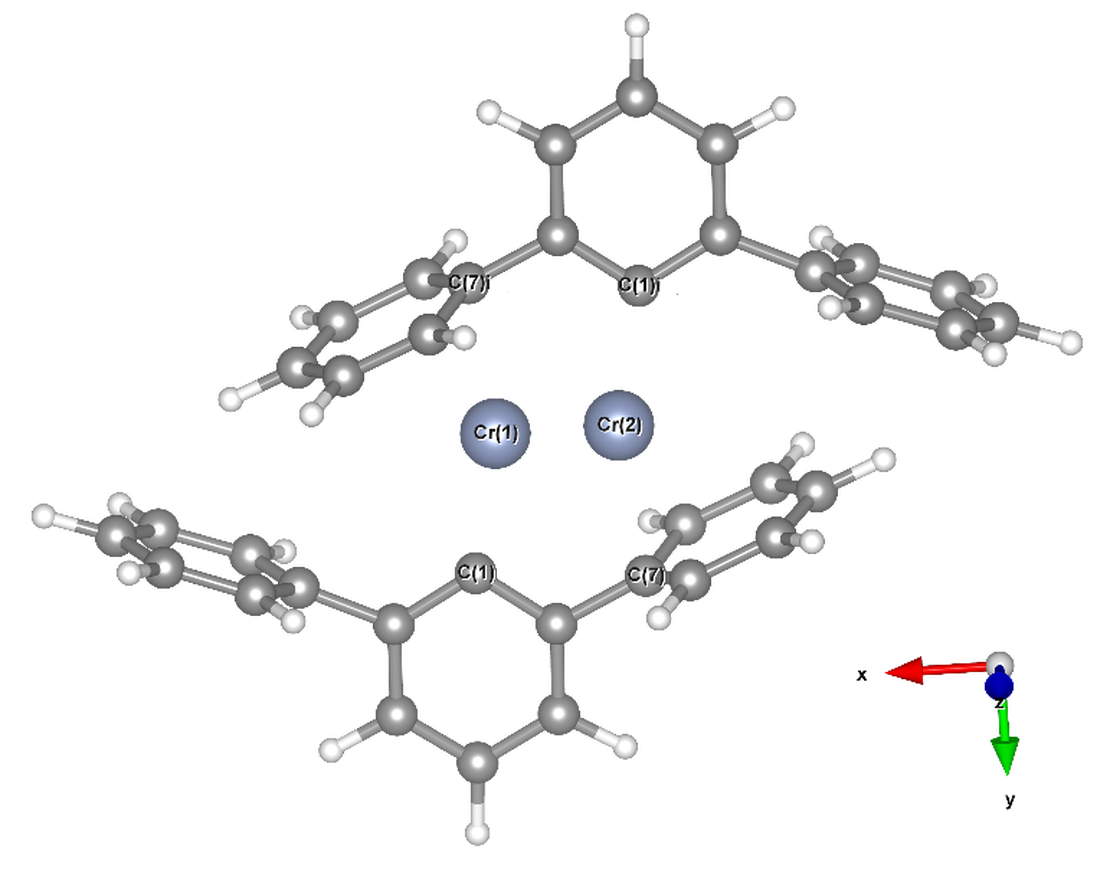Quantum Crystallographic Bonding Analysis
I will give a short introduction into techniques for chemical-bonding analysis from single-crystal diffraction data (multipole modeling, X-ray wavefunction refinement) and into quantum-chemical methods for deriving bonding descriptors
Read MoreChemical Bonding - Everything a Chemist Wants to Know!?
The different concepts of chemical bonding are not only relevant for molecular chemistry, but also for us materials chemists dealing with extended solids.
Read MoreValence Electron Topology of compressed. Sodium -- a case study
One distinctive feature of compressed alkali and alkaline earth elementsis the presence of non-nuclear maxima (NNMs)—regions of localized electron density in the interstitial spaces of the structure, often associated with electride behaviour.
Read More
Investigating f-block metal-metal bonding by quantum crystallography
In this work, we want to present our advances of quantum crystallography into actinide-actinide bonding at the hands of two recently found Th3 clusters, one of which is a dianion, the other a mono-anion. Hirshfeld-Atom-Refinement was employed to get an accurate structure of both clusters
Read MoreX-ray restrained/constrained wave function: milestones and perspectives
Today, the X-ray restrained wavefunction (XRW) method (also known as X-ray constrained wavefunction (XCW) approach) stands as one of the cornerstone techniques in modern quantum crystallography. First introduced by Dylan Jayatilaka in 1998, the strategy has undergone a steady and continuous methodological development…
Read MoreThe Segregated Atom Model for the refinement of high-resolution diffraction experiments
We aim to include chemical bonding effects within the refinement techniques from structural biology by integrating covalent bond analysis methodologies with contemporary structure refinement techniques.
Read More
Defining Tools for Complex Small Molecules to Enable Assessment of Quality and Appropriate Reuse of Data
An important, but often difficult to evaluate, aspect of small molecule crystallographic structure analysis is an understanding of how a refinement has been performed. One of the tools tha can be used is to evaluate the likelihood of a given bond in a structure, and from this calculate the total likelihood of the structure
Read MoreQuantum Crystallographic Investigation of Two-Electron Multicentre Bonds in Radical Systems
We present a systematic quantum crystallographic investigation of various 2e/mc-bonded radical systems, ranging from discrete dimers to 2D arrays. The simplest systems studied include TCNE radical anion dimers, while more complex systems feature 2D arrays of TCNQ radical anions with partial charges of −1/2.
Read More
Development of a Reference Database for Chemical Bonding Analysis
The different concepts of chemical bonding are not only relevant for molecular chemistry, but also for us materials chemists dealing with extended solids.
Read More
The agreement between DFT and CASSCF of a Cr(I)-Cr(I) study
The metal-metal interaction fascinated scientist for many years. In this study, the Cr(I)-Cr(I) bond of complex S was studied by both single- and multi-determinant approaches.
Read More